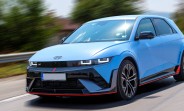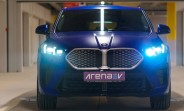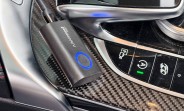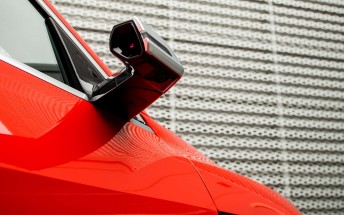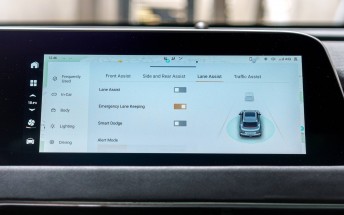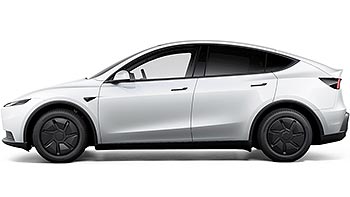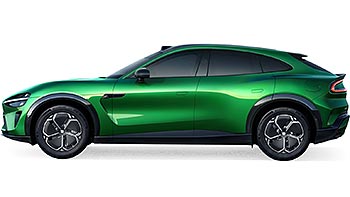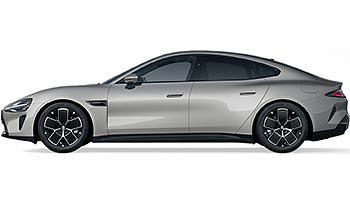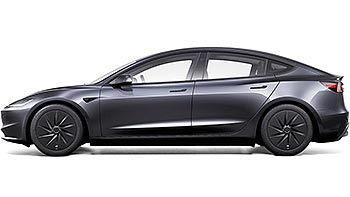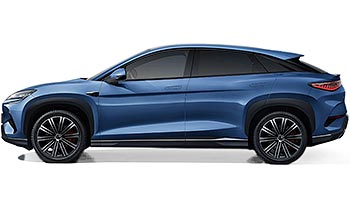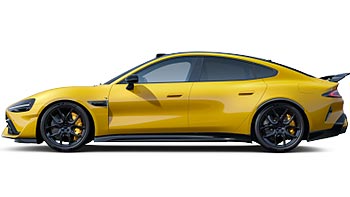Hyundai Concept Three arrives to preview the Ioniq 3

At Germany's Munich Motor Show, Hyundai unveiled the Concept Three, a sleek and futuristic hatchback that is a clear preview of the upcoming Ioniq 3. This new entry into Hyundai's growing family of electric cars has its sights set on one of Europe's most iconic nameplates: the Volkswagen Golf, which is also preparing for an all-electric future.
Concept Three, which Hyundai also calls "Aero Hatch," showcases a design that is both dramatic and practical. With a length of 168.8 inches, it fits neatly into the compact hatchback class. Its design language, which the company calls 'Art of Steel,' creates a sense of motion through dramatic lines and a coupe-like silhouette.

The car features a low, sporty nose that flows into a steeply sloped roofline, ending abruptly with a 2008 Honda Civic-like rear window. This blend of aggressive styling and hatchback utility makes it look like a more refined and mature version of the quirky Hyundai Veloster, this time with four proper doors.
At the front and back, the Ioniq 3 concept uses Hyundai's signature Parametric Pixel lighting, but with a new twist: the pixels feature a gradient effect, making the upper lights shine brighter than the lower ones.

As with most concept cars, some of the more elaborate features will not make it to the final version you can buy in a showroom. Simon Loasby, head of the Hyundai Design Centre, confirmed that the eye-catching gullwing-style rear doors are for show only.
The overall dynamic shape of the Ioniq 3 will be preserved. Car enthusiasts can also hold out hope for a high-performance "N" version down the line. Elements from the concept, such as the prominent rear diffuser, transparent spoiler, and muscular fender flares, seem perfectly suited for a sportier model.

Inside, the Concept Three is a radical departure from current automotive interior trends. While most manufacturers are racing to install the largest possible touchscreens, Hyundai is going in the opposite direction. The dashboard is clean and minimalist, completely forgoing a large central display. Instead, the design allows drivers to bring and mount their own devices or "widgets," offering a customizable user experience.
This "bring your own screen" philosophy puts the focus back on simplicity and personal choice. The cabin comes with pod-like bucket seats wrapped in sustainable fabrics, reinforcing the eco-friendly credentials of electric cars.

Hyundai has not released official technical specifications, but the Ioniq 3 is expected to share its foundation with models from its sibling company, Kia, such as the EV3. This suggests the vehicle will be built on a 400-volt electrical architecture. While this is different from the ultra-fast charging 800-volt system found in the larger Ioniq 5 and Ioniq 6, a 400-volt system is more cost-effective to produce, which should help keep the car's price competitive.
Customers will likely have a choice between single-motor (rear-wheel drive) and dual-motor (all-wheel drive) configurations. Two battery pack options are also anticipated, with the long-range version projected to offer a driving range of approximately 390 miles on a full charge.
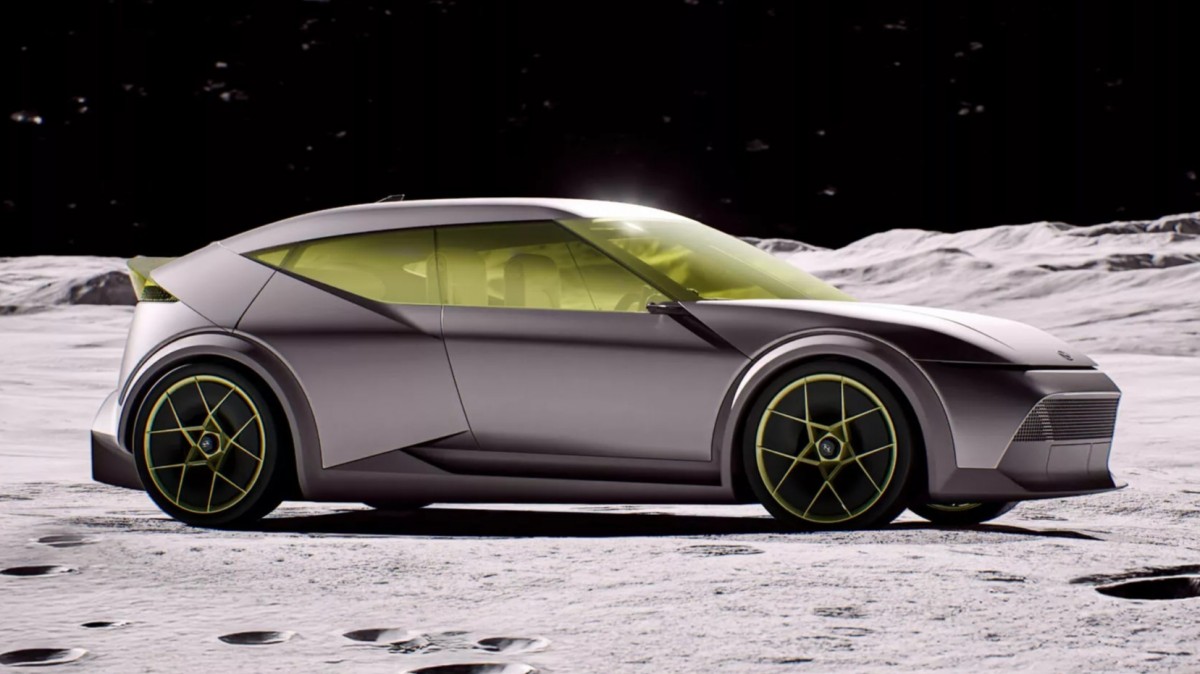
With production for the European market to start in 2027, the Hyundai Ioniq 3 will likely make a big impact. With its striking design, innovative interior, and competitive performance targets, the Ioniq 3 could easily become the biggest headache for established European automakers.
Related
Reader comments
- Finnish driver
I've understood that EV3 (and EV5) use modified K3 (and N3) chassis with 400 V battery architecture unlike the larger, "true" E-GMP models with 800 V architecture, and so the rest of the electric components are packed at the front of t...
- 22 Sep 2025
- pWR
- Tliss
E-GMP is available in RWD configurations - see Hyundai Ioniq 5, 6, KIA EV6. FWD is cheaper to make though due to battery arrangement, that is why they went with this configuration for more affordable, smaller cars like EV3, EV4. There obviously is en...
- 09 Sep 2025
- 0qB
- Anonymous
the safest place to be right now after what happened to the ukrainian girl in america.
- 09 Sep 2025
- B4X

